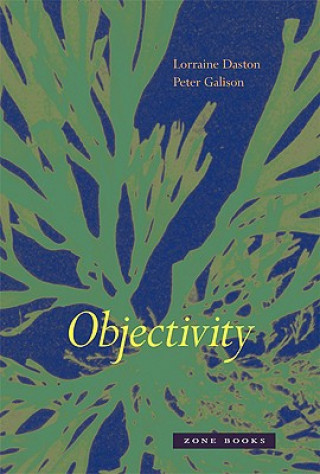
Code: 04406103
Objectivity
by Daston
Objectivity has a history, and it is full of surprises. In Objectivity, Lorraine Daston and Peter Galison chart the emergence of objectivity in the mid-nineteenth-century sciences--and show how the concept differs from its alterna ... more
- Language:
 English
English - Binding: Paperback
- Number of pages: 504
Publisher: Zone Books, 2010
- More about this

30.29 €
RRP: 35.36 €
You save 5.06 €

In stock at our supplier
Shipping in 15 - 20 days
You might also like
-

Chaos
14.47 € -23 % -

Society Against the State
24.23 € -4 % -

Critical Thinking
84.01 € -8 % -
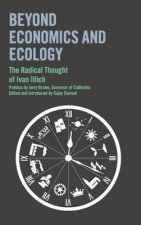
Beyond Economics and Ecology
15.60 € -19 % -
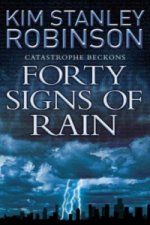
Forty Signs of Rain
13.96 € -12 % -

Shop Class as Soulcraft
16.22 € -12 % -
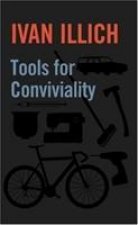
Tools for Conviviality
16.01 € -14 % -

Allergy and Allergic Diseases
152.63 € -
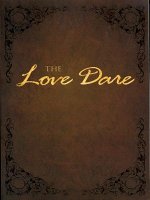
The Love Dare
15.60 € -19 % -

Merchants of Doubt
16.22 € -21 % -

Sixty Days and Counting
11.39 € -

The Prepper's Canning Guide: Affordably Stockpile a Lifesaving Supply of Nutritious, Delicious, Shelf-Stable Foods
16.12 € -8 % -
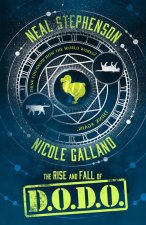
Rise and Fall of D.O.D.O.
11.49 € -23 % -

Understanding Sentence Structure - An Introduction to English Syntax
65.22 € -
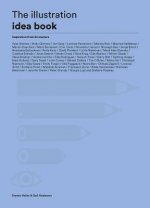
Illustration Idea Book
16.22 € -17 % -

Skip*Beat!, (3-in-1 Edition), Vol. 13
14.27 € -23 % -

Asymmetry
16.63 € -4 % -
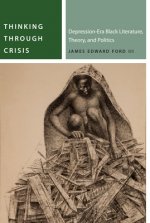
Thinking Through Crisis
52.58 € -

150 Best New Cottage and Cabin Ideas
28.13 € -17 % -

Gruffalo Little Library
7.80 € -13 % -
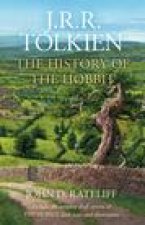
History of the Hobbit
47.04 € -16 % -

Computational Complexity
68.30 € -1 % -

Vampire Kisses: Blood Relatives, Volume II
11.80 € -

How Food Made History
99.22 € -

F-4 Phantom
100.24 € -

Adrenal Fatigue
17.66 € -3 % -

Ashtanga Yoga
27.72 € -19 % -

Collapse of Western Civilization
9.13 € -19 % -

Vagabond
11.19 € -23 % -
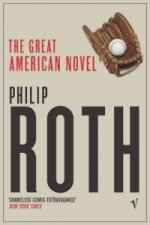
Great American Novel
13.96 € -12 % -
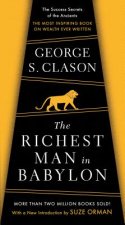
The Richest Man In Babylon
9.85 € -18 % -

Nonlinear Biomedical Signal Processing - Analysis and Modeling V 2
290.79 € -

Storms of My Grandchildren
14.47 € -23 % -

On What Matters
92.33 € -

Classical Mechanics
111.75 € -

Plants as Persons
42.72 € -
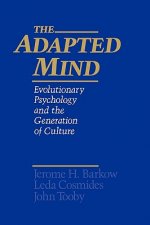
Adapted Mind
131.16 € -

Oxford Handbook of Corporate Governance
58.03 € -

Blues, Ideology, and Afro-American Literature
47.34 € -

Lysenko Affair
69.33 € -

Life on Land
20.94 € -20 % -

Ways of Reading
71.79 €
Give this book as a present today
- Order book and choose Gift Order.
- We will send you book gift voucher at once. You can give it out to anyone.
- Book will be send to donee, nothing more to care about.
More about Objectivity
You get 75 loyalty points
 Book synopsis
Book synopsis
Objectivity has a history, and it is full of surprises. In Objectivity, Lorraine Daston and Peter Galison chart the emergence of objectivity in the mid-nineteenth-century sciences--and show how the concept differs from its alternatives, truth-to-nature and trained judgment. This is a story of lofty epistemic ideals fused with workaday practices in the making of scientific images. From the eighteenth through the early twenty-first centuries, the images that reveal the deepest commitments of the empirical sciences--from anatomy to crystallography--are those featured in scientific atlases, the compendia that teach practitioners what is worth looking at and how to look at it. Galison and Daston use atlas images to uncover a hidden history of scientific objectivity and its rivals. Whether an atlas maker idealizes an image to capture the essentials in the name of truth-to-nature or refuses to erase even the most incidental detail in the name of objectivity or highlights patterns in the name of trained judgment is a decision enforced by an ethos as well as by an epistemology. As Daston and Galison argue, atlases shape the subjects as well as the objects of science. To pursue objectivity--or truth-to-nature or trained judgment--is simultaneously to cultivate a distinctive scientific self wherein knowing and knower converge. Moreover, the very point at which they visibly converge is in the very act of seeing not as a separate individual but as a member of a particular scientific community. Embedded in the atlas image, therefore, are the traces of consequential choices about knowledge, persona, and collective sight. Objectivity is a book addressed to anyone interested in the elusive and crucial notion of objectivity-- and in what it means to peer into the world scientifically. Lorraine Daston is Director at the Max Planck Institute for the History of Science in Berlin, Germany. She is the coauthor of Wonders and the Order of Nature, 1150-1750 and the editor of Things That Talk: Object Lessons from Art and Science (both Zone Books). Peter Galison is Pellegrino University Professor of the History of Science and of Physics at Harvard University. He is the author of Einstein's Clocks, Poincar's Maps: Empires of Time, How Experiments End, and Image and Logic: A Material Culture of Microphysics, and other books, and coeditor (with Emily Thompson) of The Architecture of Science (MIT Press, 1999).
 Book details
Book details
Book category Books in English Humanities Philosophy Philosophy: epistemology & theory of knowledge
30.29 €
- Full title: Objectivity
- Author: Daston
- Language:
 English
English - Binding: Paperback
- Number of pages: 504
- EAN: 9781890951795
- ISBN: 189095179X
- ID: 04406103
- Publisher: Zone Books
- Weight: 970 g
- Dimensions: 228 × 154 × 43 mm
- Date of publishing: 12. July 2010
Trending among others
-

Fabric of Reality
10.36 € -35 % -
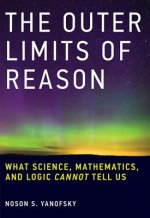
Outer Limits of Reason
24.95 € -12 % -
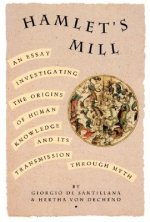
Hamlet's Mill
22.90 € -19 % -
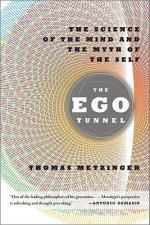
Ego Tunnel
24.75 € -

Short History of Decay
11.19 € -23 % -

Trade Like a Stock Market Wizard: How to Achieve Super Performance in Stocks in Any Market
22.59 € -31 % -
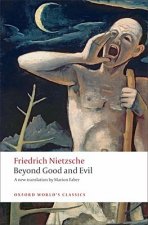
Beyond Good and Evil
10.26 € -29 % -
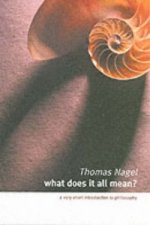
What Does It All Mean?
54.43 € -

Introduction to Objectivist Epistemology
32.76 € -

Truth and Method
43.03 € -

Manual for Creating Atheists
14.88 € -9 % -
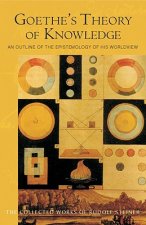
Goethe's Theory of Knowledge
19.81 € -7 % -

Tetralogue
10.16 € -22 % -
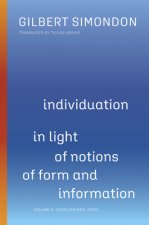
Individuation in Light of Notions of Form and Information
28.96 € -18 % -
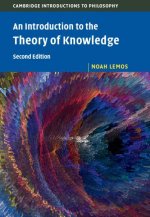
Introduction to the Theory of Knowledge
46.73 € -
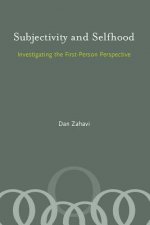
Subjectivity and Selfhood
38.51 € -
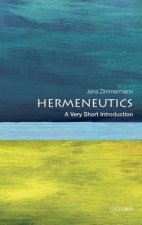
Hermeneutics: A Very Short Introduction
10.16 € -22 % -

Fear of Knowledge
28.03 € -

Oxford IB Diploma Programme: Theory of Knowledge Course Companion
84.01 € -
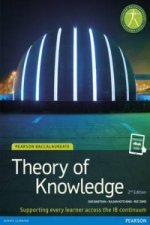
Pearson Baccalaureate Theory of Knowledge second edition print and ebook bundle for the IB Diploma
62.24 € -
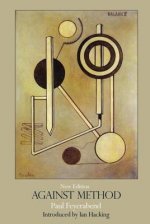
Against Method
27.72 € -
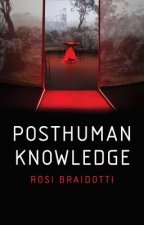
Posthuman Knowledge
21.77 € -
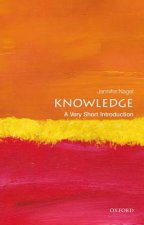
Knowledge: A Very Short Introduction
9.44 € -24 % -
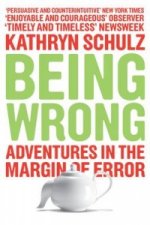
Being Wrong
12.32 € -23 % -
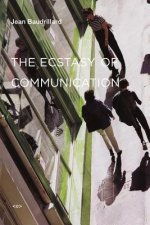
Ecstasy of Communication
16.43 € -6 % -
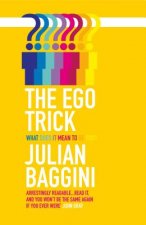
Ego Trick
11.19 € -23 % -
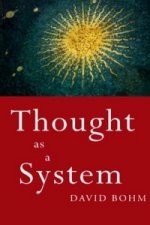
Thought as a System
60.08 € -
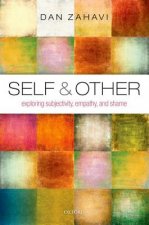
Self and Other
44.06 € -

Reasons and Causes
152.63 € -

Soul of the Marionette
12.32 € -23 % -
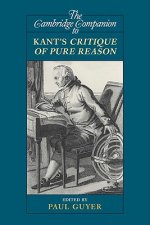
Cambridge Companion to Kant's Critique of Pure Reason
36.35 € -12 % -
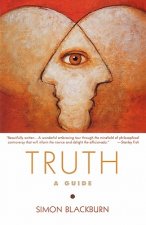
Truth
16.73 € -3 % -
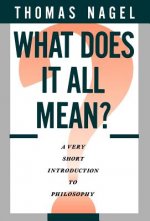
What Does It All Mean?
40.46 € -
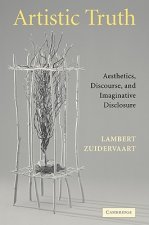
Artistic Truth
61.83 € -

Self
12.32 € -23 % -

Freedom Regained
11.19 € -23 % -

Lectures on the Will to Know
19.71 € -19 % -
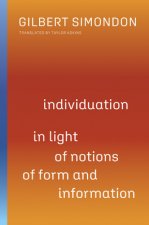
Individuation in Light of Notions of Form and Information
28.85 € -19 % -
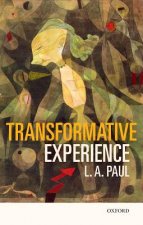
Transformative Experience
32.24 € -

Gregory Bateson
37.28 € -

How We Know
48.68 € -

Agnotology
29.06 € -7 % -
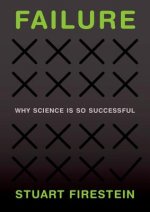
Failure
23.82 € -18 % -
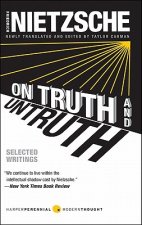
On Truth and Untruth
12.73 € -
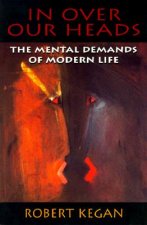
In Over Our Heads
43.95 € -4 % -
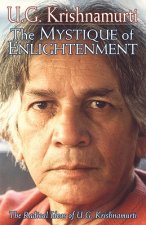
Mystique of Enlightenment
20.43 € -

Opacity of Mind
23.20 € -

Philosophical Hermeneutics Reinterpreted
73.33 € -

Introduction to the Theory of Knowledge 2e
27.72 €
Collection points Bratislava a 2642 dalších
Copyright ©2008-24 najlacnejsie-knihy.sk All rights reservedPrivacyCookies


 15549 collection points
15549 collection points Delivery 2.99 €
Delivery 2.99 € 02/210 210 99 (8-15.30h)
02/210 210 99 (8-15.30h)